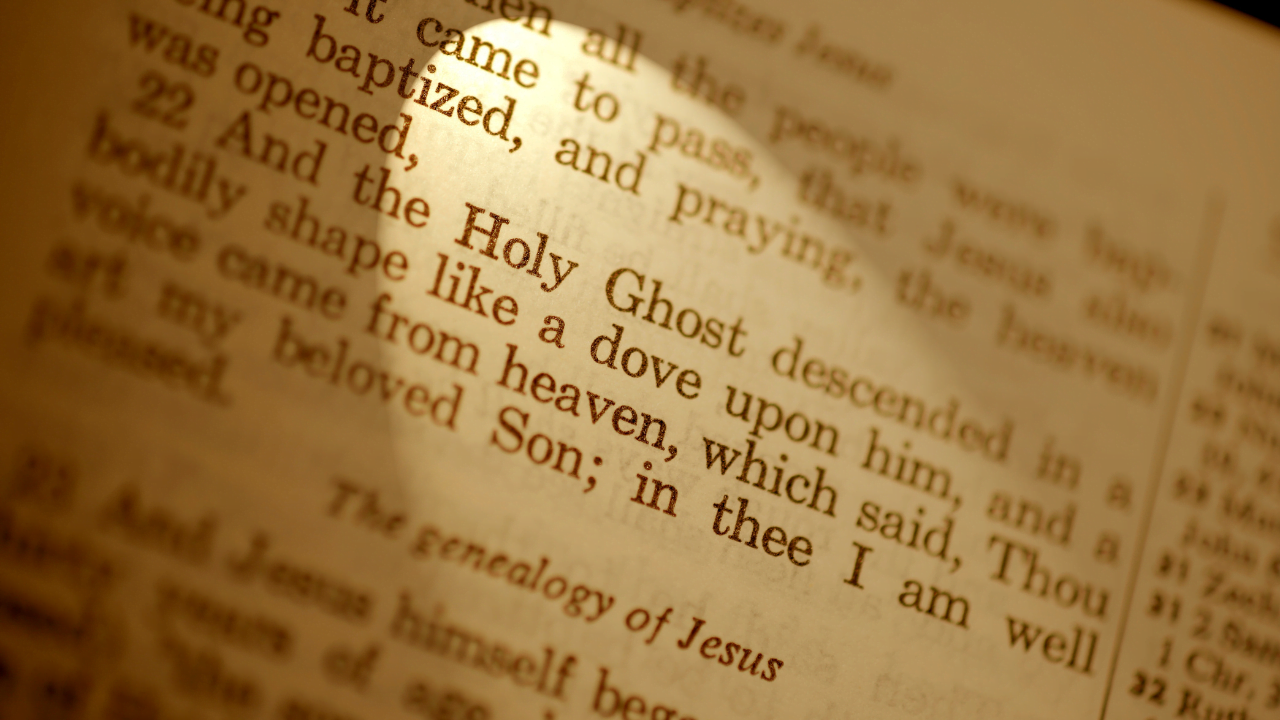No products in the cart.
How Do Christians View The Concept of Free Will?
This post contains paid and/or affiliate links. I make a small commission at no extra cost to you. Please see our Privacy Policy.
Welcome to our exploration of how Christians view the concept of free will. As believers, we approach this theological topic with curiosity and reverence, seeking to understand our roles in God’s plans and our ability to make choices. Join us as we delve into the diverse perspectives and discussions surrounding free will within the Christian faith.
The Biblical Perspective on Free Will
While the Bible does not explicitly use the term “free will,” it presents a profound and relevant perspective on human choice and responsibility. Throughout biblical narratives, we see individuals making decisions and being held accountable for their actions. This highlights the existence of free will within the biblical framework.
Humanity’s ability to exercise free will is evident in the choices they make. The Bible portrays individuals having the freedom to determine whom they will serve, whether they will obey or disobey God’s commands, and even the power to choose between life and death. These examples reinforce the biblical notion of free will as a fundamental aspect of human nature.
However, the concept of free will about God’s sovereignty and salvation has sparked theological debates. Certain verses, such as those mentioning predestination, have led scholars to discuss the interplay between human free will and God’s divine plan. Nevertheless, regardless of these discussions, the Bible emphasizes the importance of making wise choices that align with God’s will and consider the impact on others.
In the biblical perspective, free will is not merely a philosophical concept or an abstract notion. It is a practical reality with significant implications. The Bible consistently encourages individuals to exercise their free will responsibly and make choices that reflect their commitment to righteousness and obedience to God’s commands.
The Transformation of Free Will through Christ
When Adam fell, a profound change occurred in human nature, leaving us unable to avoid sin. As fallen beings, our preferences and choices naturally lead to rebellion and self-autonomy. However, our fallen nature can be renewed through God’s grace and the transformative work of Christ.
The Bible speaks of a miraculous change in our hearts, a new birth that liberates us from the dominion of sin. This transformation allows us to see the beauty and worth of Christ, enabling us to choose Him as our supreme treasure. With this transformation, we are no longer slaves to sin but can exercise our free will to choose righteousness.
While the debate about free will continues, as Christians, our focus should be on preaching the gospel and sharing the message of Christ’s transformative power to change lives. Through Him, our free will can be transformed, aligning our choices with God’s will and bringing about a life that honors and glorifies Him.















